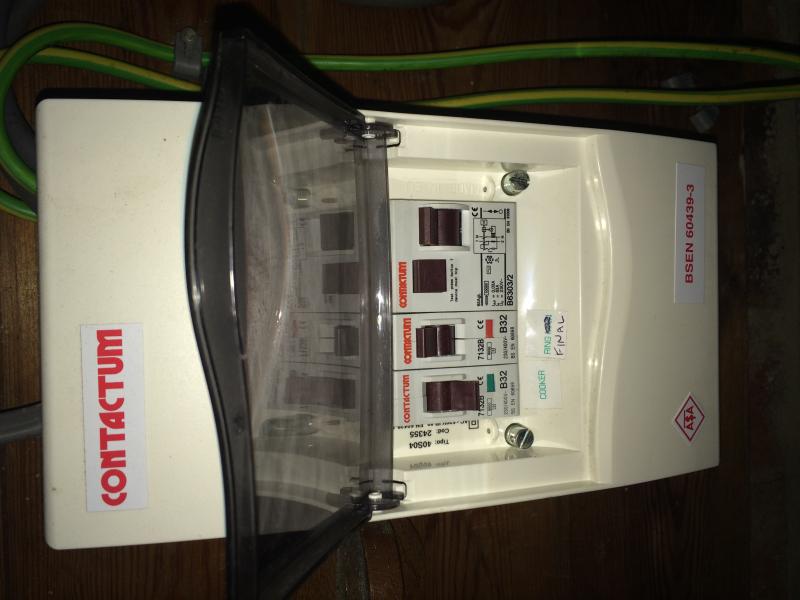OK if I was talking to an electrical engineer and I said I wanted a ring main fitting around the factory I would clearly to him not be talking about a ring final circuit and I would need to clarify exactly what I wanted. But in a DIY forum calling it simply a ring main is not really a problem as DIY people will likely never see the other type of ring main in the whole of their life.
I will agree that some things do cause confusion to me a driver controls current and to market a voltage regulated power supply as a driver is wrong.
A transformer is a wire wound device which either alters an AC current or voltage or isolates and calling a switched mode power supply with an AC output an "Electronic Transformer" is stretching it a bit but at least they use the word "Electronic".
When I did my apprenticeship a spur was an un-fused branch where a radial was a fused branch that has changed. Now one has to stipulate fused or not.
Again as an apprentice mainly in the motor trade I admit the road roller had spigots front and rear on these spigots we hung the lamps and inside the lamps we had wicks, mantels or bulbs. The whole thing was a lamp today we call it a fitting it seems. Many now call the bulb a lamp but had I asked for a lamp in our stores it would not have included the bulb.
Words do change meaning and not only with electric items decimate when I was a lad meant to get rid of 1 in 10 today people seem to mean 9 in 10 could not really swap the meaning more.
I had assumed the comment was ring main and 20 amp rather than 32 amp when at 20 amp one hardly needs a ring?
As to 13A that's a lot easier to remember than BS 1363 and I personally think it makes good sense to call them 13A sockets. I was surprised to find sockets with RCD protection built in and filters built in are only rated at 13A for the pair without any fuse to stop over that amount being drawn. Where there is a 13A socket we just plug into it without really adding up the load.
I think the whole idea of hospitals having BS 1363 plugs with no fuse as wrong even if done to ensure vital supplies are not interrupted. To me if it's that important it should have built in UPS.
We all see the errors with labels and naming
this is the classic English is plain enough but Welsh says "I am not in the office at the moment. Send any work to be translated." Swansea council had some red faces.
Since they speak little Welsh in South Wales don't really know why they bother only that by law it seems they must. Anyone seen BS7671 or Part P in Welsh? Theory is it does not count until published in Welsh as well. Clearly not a problem with BS 7671 it's not law but Part P!
Not that it helps me can read slow signs on the load and I know women on the loo starts with letter M so avoid walking into the ladies but don't read much Welsh and under stand a lot less.
We do select certain phrases and words no comprehend works between than I don't understand you it's more international. OK works it would seem everywhere.
So there are certain important words. We need to know what Extra Low Voltage, Reduced Low Voltage, and Low Voltage mean however erecting a sign.
"Danger Low Voltage"
Seems to miss the mark. So what should it say? "Danger 253 volts", "Danger 230 volts", "Beware Dangerous Voltage"?



